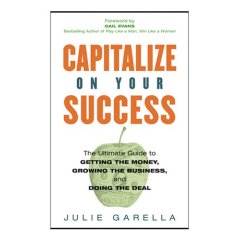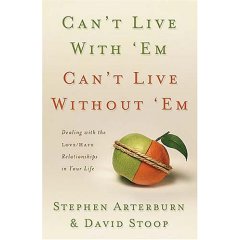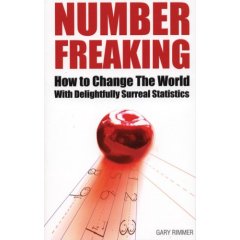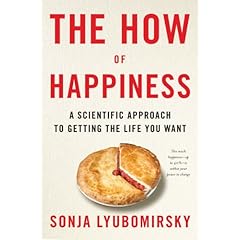
The classic is John Lott's book, which imitates the cover and the title:

The Freakonomics authors themselves pointed out several imitators in this post.




This one seems familiar as well:

And this:

And this:

And this:

And these books, which are at least about food:




The egos here must be amazingly, gigantically massive. What is next? Levitt, Dubner and you going to go after the bible for featuring an apple in the garden of Eden story. How many thousands of books do you think are published each year? 10,000? Take the four that they reference. So you have three that have apples and one that is some hybrid fruit? What is there else that is similar? Let me give you a test for this absurd claim. How many books do you think got published in three years before their book came out that had pictures of apples on their cover? 3 or 4? How many non-cook books had pictures of pies? (And you are including a pie with a flag and a cherry pie that aren't even apple pies.) I would really be shocked if you had fewer than three pies of all different types (the number that you have here). Do you think that over a three year period that you could find one with a carrot or one with lettuce? One with a hamburger?
ReplyDeleteThe weirdest thing is that Levitt and Dubner claim to be empirical people and yet they can't even show whether that had any with apples or pies in the same period of time before their book came out.
You can't count the total number of books published each year -- I wouldn't expect to see this sort of cover on the average fiction book, or books about computers, or sports, or cats, or celebrities (all of these make up the vast majority of books published each year, I think). But every time I go to the bookstore, I keep seeing the "stark image of a piece of fruit surrounded by white space" on books that all fall into the narrow genres of pop psychology or economics, as well as books about the food/diet industries. Coming on the heels of Freakonomics, which was probably the bestselling pop economics book of all time, this doesn't seem likely to be an accident.
ReplyDelete